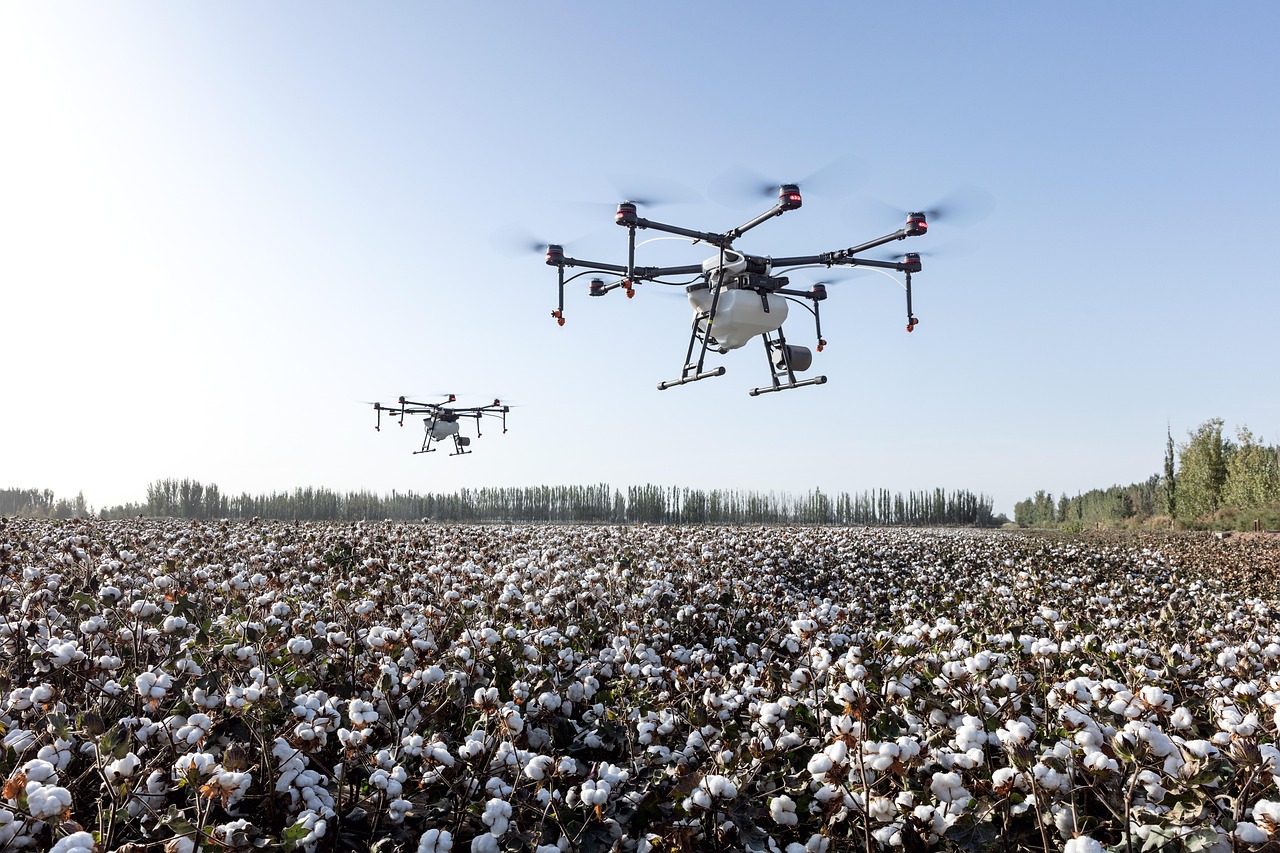China’s rapid advancements in military AI technologies have set the stage for a new era of warfare, reshaping the landscape of conflict and power dynamics globally. The official narrative portrays China’s investments in AI as part of modernizing its defense capabilities, aiming for greater efficiency and strategic advantage on the battlefield.

However, beneath the surface lies a profound shift towards autonomous warfare, where AI systems take the lead in planning and executing missions, reducing the need for human intervention. China’s integration of AI-driven drones, autonomous vehicles, and humanoid robots like the Unitree G1 hints at a future where intelligent machines dominate the battlefield.
This pivot reveals a coordinated effort by China’s People’s Liberation Army (PLA) to lead the world in AI military applications by 2030 and establish a top-tier force by 2049 through the New Generation Artificial Intelligence Development Plan. The PLA’s focus on autonomous systems, surveillance, reconnaissance, and electronic warfare signifies a strategic push towards precision, mobility, and automation in modern warfare.
The implications of China’s AI-driven military development are staggering. The deployment of AI-powered drones with advanced targeting capabilities and loitering munitions signals a shift towards unmanned combat capabilities, challenging traditional notions of warfare and raising ethical concerns about the use of autonomous weapons in conflict zones. The most affected will be those caught in the crossfire of increasingly autonomous and precise military operations.
In closing, the intent behind China’s AI military integration is clear: to establish dominance in AI-driven warfare, enhance operational capabilities, and project global power through technological innovation. With vast resources and a strategic roadmap in place, China has the means and opportunity to reshape the future of warfare, setting the stage for a new era where intelligent machines hold sway over the battlefield.
Looking ahead, the trajectory of AI in military applications underscores a fundamental shift in the nature of conflict, with autonomous systems playing an increasingly central role in shaping geopolitical outcomes. As AI continues to evolve, the stakes are higher than ever, with the potential to revolutionize warfare, challenge existing power structures, and redefine the boundaries of human control in the face of advancing technology.

